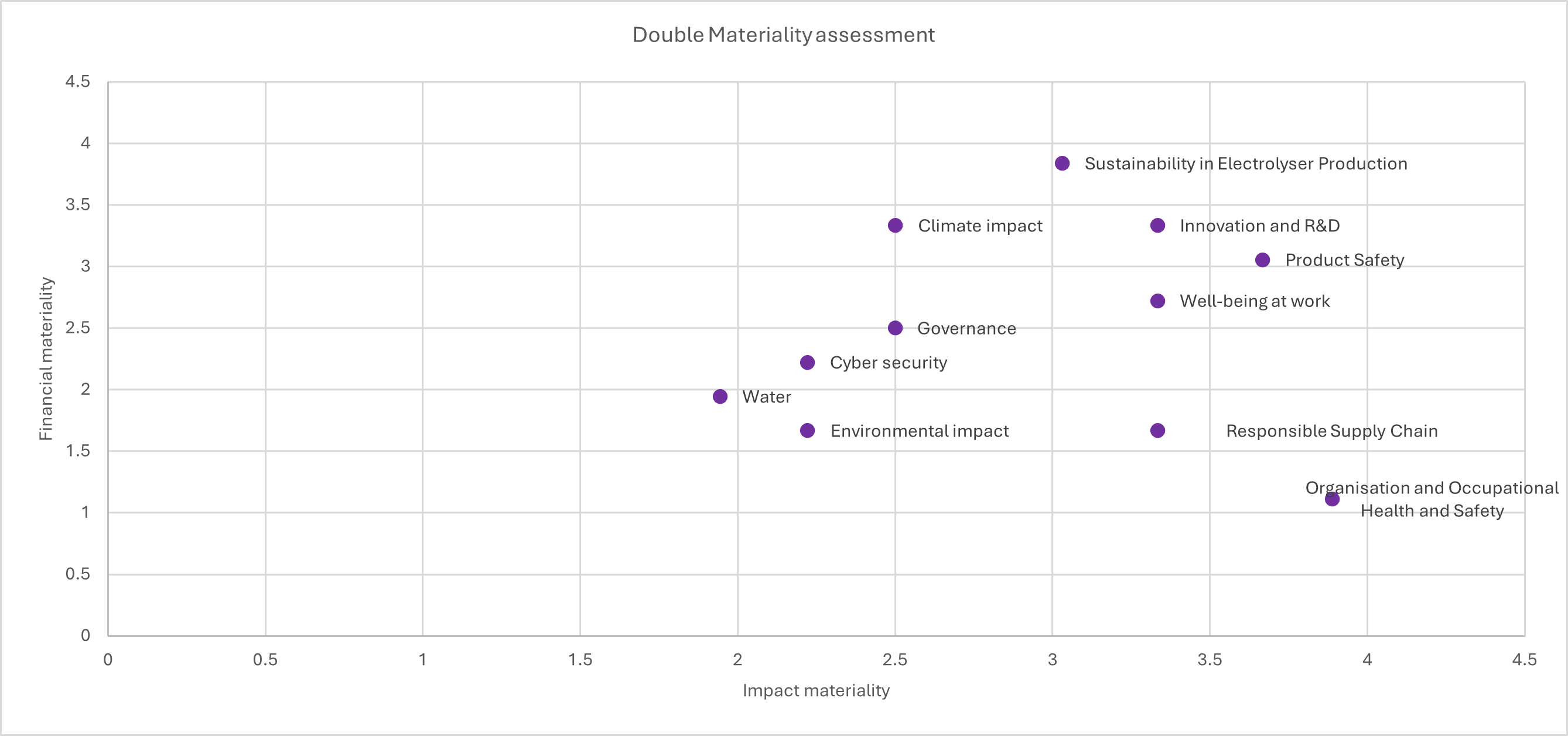Key highlights for 2024
At Nel, sustainability is an integral part of our identity. Our vision is a society with abundant clean energy for all. This vision is driving our ambitions and priorities. Combating climate change is high on our corporate agenda and we always incorporate sustainability into our strategic decision-making processes.
Revenue eligible
with EU Taxonomy
90%
CO2 intensity
ktCO2e/MNOK revenue
0.80**
FTE
Full-time equivalent
409
TRIR
Total recordable incident rate
5.2*
* Total Recordable Incident Rate (TRIR) is calculated per million hours worked.
**CO2 intensity calculated with GHG emissions from scope 1 and scope 2
Where we are
Nel consists of electrolyser production facilities in Norway and Connecticut, USA, supported by headquarters in Norway. Nel has a sales and support network with global reach.
Markets we serve - a purple world
In total, we have delivered over 3500 electrolyser solutions to over 80 countries.
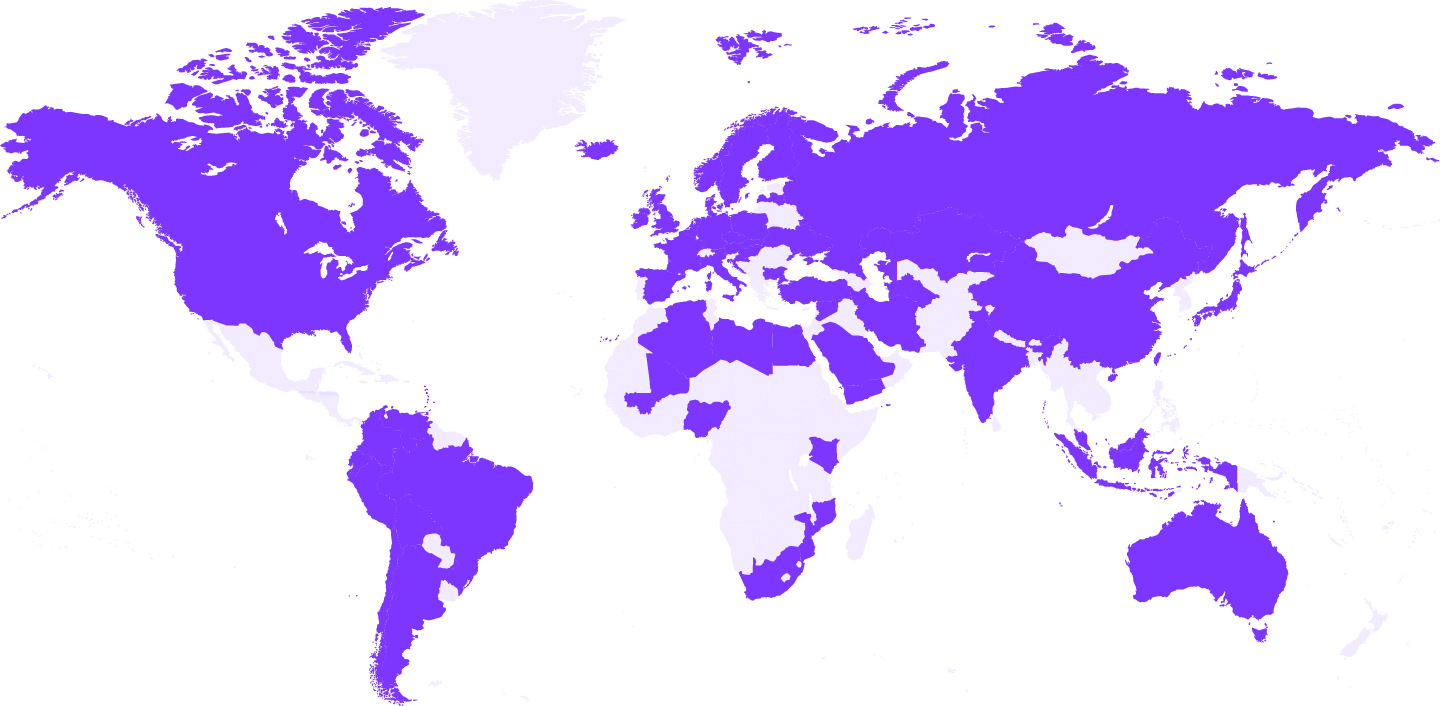
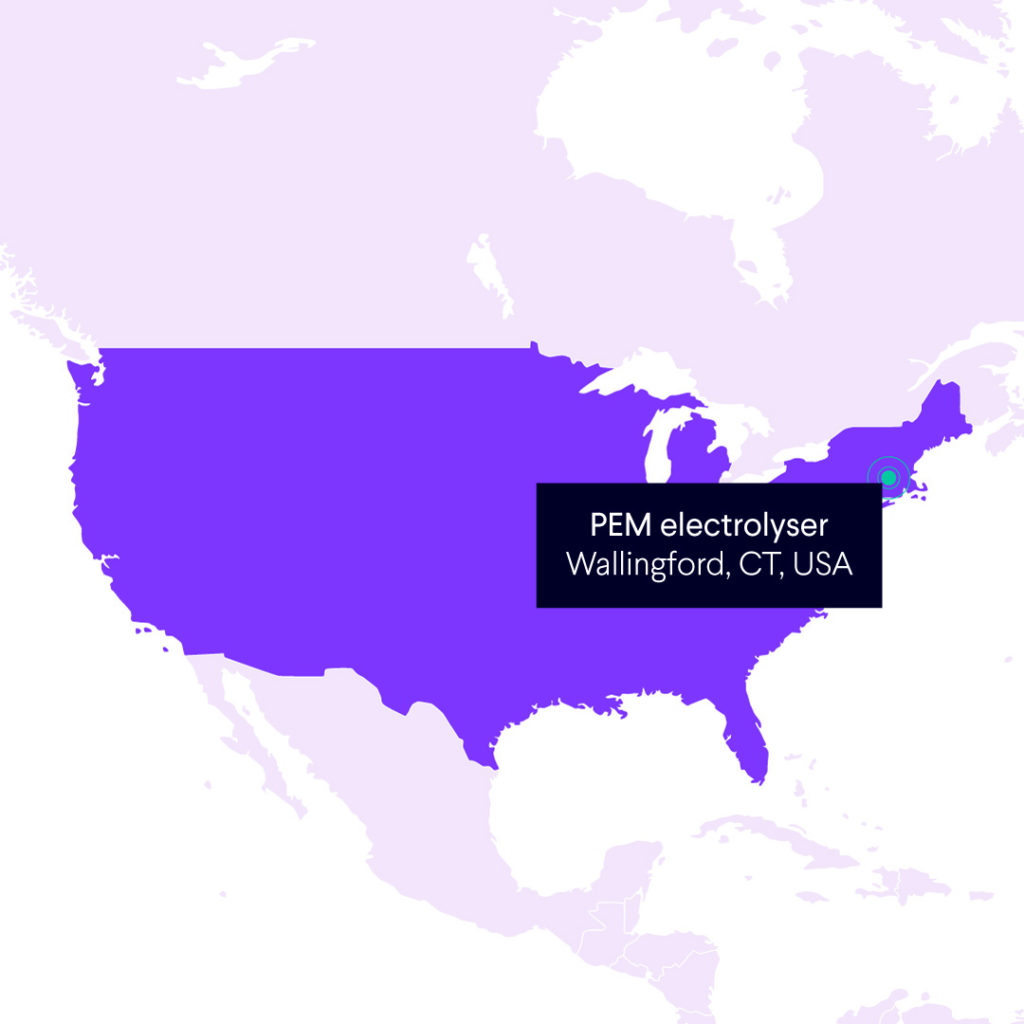
Office and postal address:
10 Technology Drive
Wallingford, CT 06492
Phone:
+1 203 949 8697
Email:
info@nelhydrogen.com
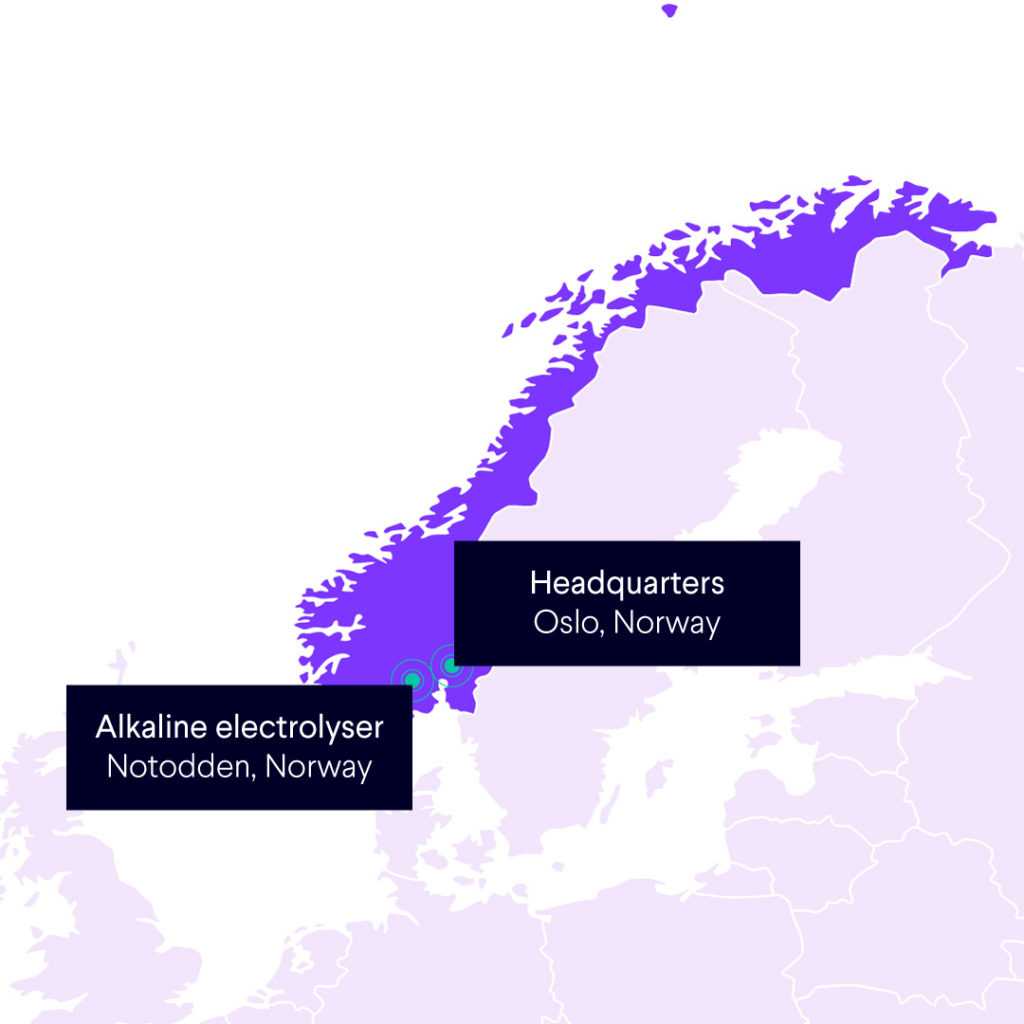
Postal address:
P.O. Box 24,
NO-3671
Notodden, Norway
Office address:
Heddalsvegen 11,
Notodden, Norway
Phone:
+47 350 93 838
Email:
info@nelhydrogen.com
Postal address:
Nel ASA
PB: 199 Skøyen
0212 Oslo, Norway
Office address:
Karenslyst allé 49
0278 Oslo, Norway
Phone:
+47 23 24 89 50
Email:
info@nelhydrogen.com
Our goals
Nel supports the United Nations Sustainable Development Goals (SDGs), and we strive to document all actions made to meet the targets. Presented in 2015, the 17 goals were developed to address the most prominent sustainability concerns the world is facing.
Selected UN Sustainable Development Goals
The SDGs are the most unifying and universally accepted set of goals and aspirations that are to be met by 2030, to protect our planet and the people who inhabit it. Nel continues its commitment through investments and organisational changes to optimise the company’s contribution to this transformative agenda.
The company will contribute to the industrialisation of the renewable hydrogen economy, paving the way for the development of a global hydrogen economy and the trading of sustainable hydrogen as a global commodity. Nel is fully committed to the promotion and implementation of the United Nations Sustainable Development Goals and limiting global warming to 1.5 degrees Celsius.
Nel supports all of the sustainability goals outlined by the United Nations. Given our corporate areas of focus, we have selected four SDGs where we can make a significant direct impact:
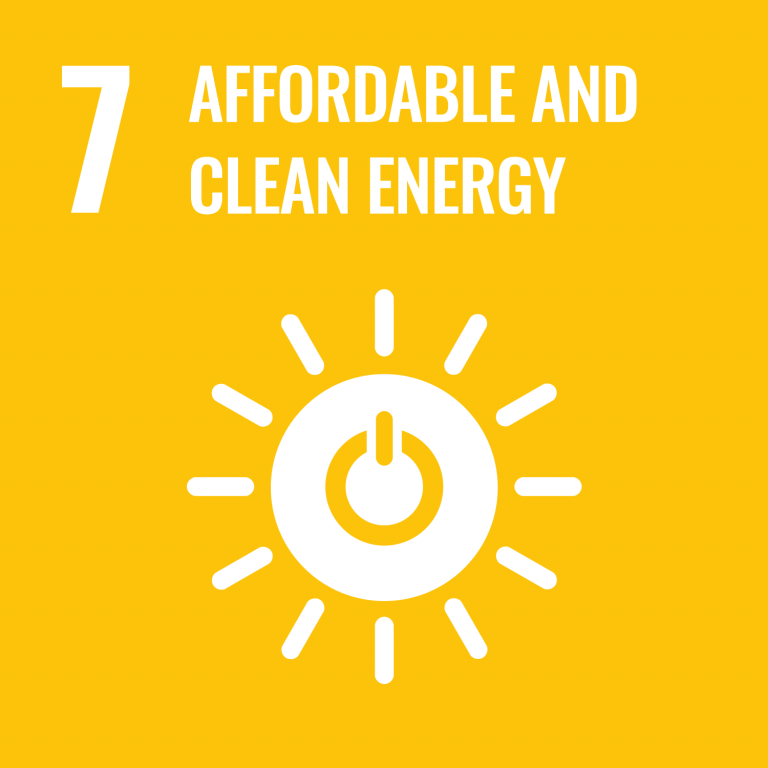
At Nel, we provide clean energy alternatives to a vast range of industries and applications. In doing so, we contribute to increasing the share of renewables in the total energy consumption. Our main contribution towards Goal 7 was unveiled at our first capital markets day, where we outlined our strategic ambitions to 1) capitalise on the rapid development in the industry by an extensive expansion of our organizational capabilities, and 2) an ambitious target cost of USD 1.5/kg of hydrogen produced that will significantly decrease total cost of ownership and consequently increase the applicability of our solutions.
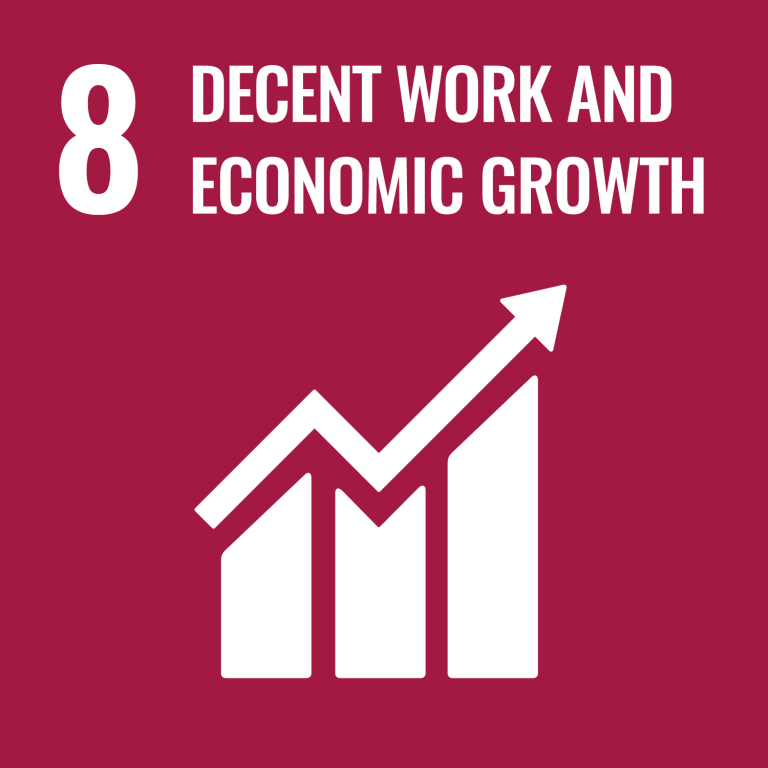
Ensuring that employees work in a safe and healthy environment is the key to any successful business. All Nel sites have management systems in place that safeguard our employees’ health and safety. Nel aims to provide a workplace for everyone that is free of harmful incidents and injuries, and to promote a culture of hazard identification and awareness through incident reporting and self-accountability. We have set a QHSE target of zero incidents, including for sites with Nel equipment. Further, we have a policy of zero-tolerance for discrimination of any kind, and grievance mechanisms are present should such a case emerge.
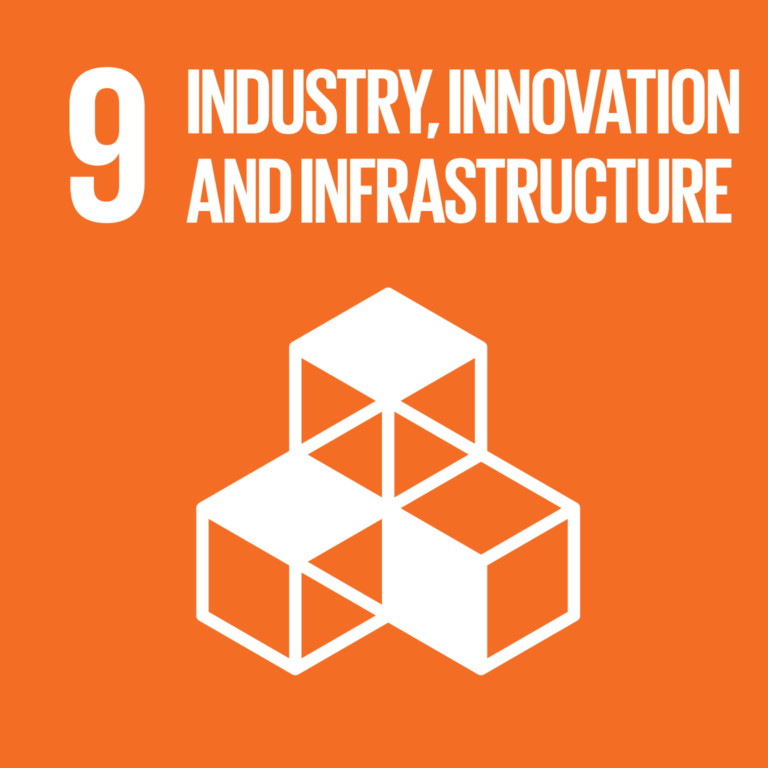
Nel is committed to reducing the cost of green hydrogen production to enable affordable and easier available renewable energy, and thus also adaptation. This is aligned with the company’s vision to empower generations with clean energy forever. Nel is committed to offer market leading equipment for water electrolysis. The company is a frontrunner in technology development, efficiency, and cost reductions. Another key element is to industrialize equipment production at a scale with manufacturing concepts that allow for further technological advancements.
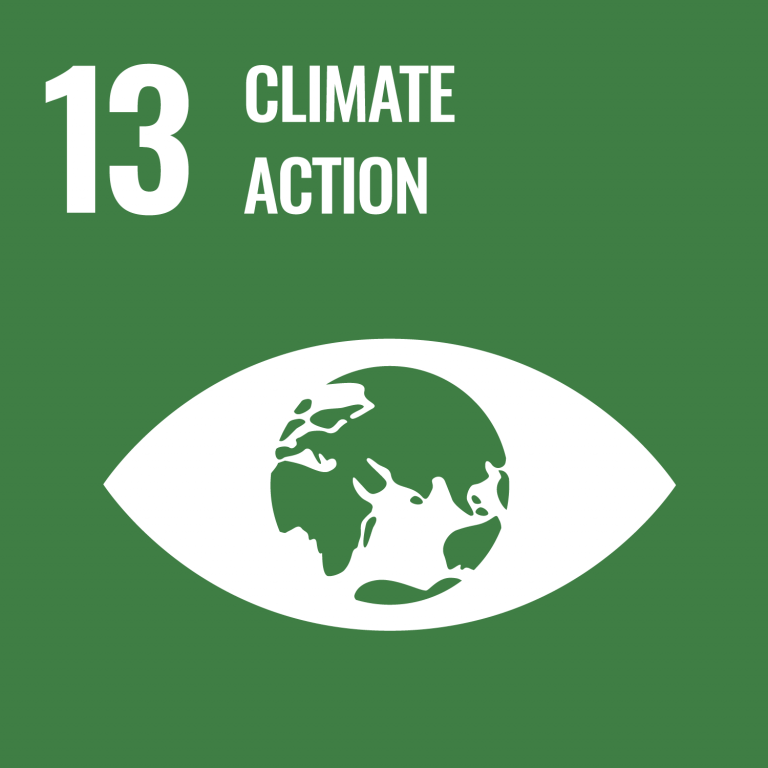
Our vision is to empower generations with clean energy forever. Our business model is built on facilitating the transition towards a more sustainable society with our fully-integrated solutions to produce, store, and distribute hydrogen from renewable energy.
EU Taxonomy
An initial assessment of the EU Taxonomy indicates we are well-positioned for achieving compliance with its regulations. Nel manufacture electrolysers for hydrogen production, which is classified within EU Taxonomy economic activity 3.2 “Manufacture of equipment for the production and use of hydrogen”.
To achieve the criteria for this activity type, Nel’s equipment must provide technology where the hydrogen for the production of which equipment is manufactured complies with the technical screening criteria resulting in life cycle GHG emissions lower than 3 tCO2e/tH2. Life-cycle emissions is defined in the second act as well-to-gate emissions and emissions from transportation type used for delivery of hydrogen.
Nel’s electrolyser equipment produces hydrogen from water electrolysis resulting in nearly nil emissions from the utilization of the equipment when connected to renewable energy sources and therefore demonstrating potential to the substantial contribution to the requirement of life-cycle emissions lower than 3 tCO2e/tH2.
The requirements of the taxonomy state that a sustainable activity shall:
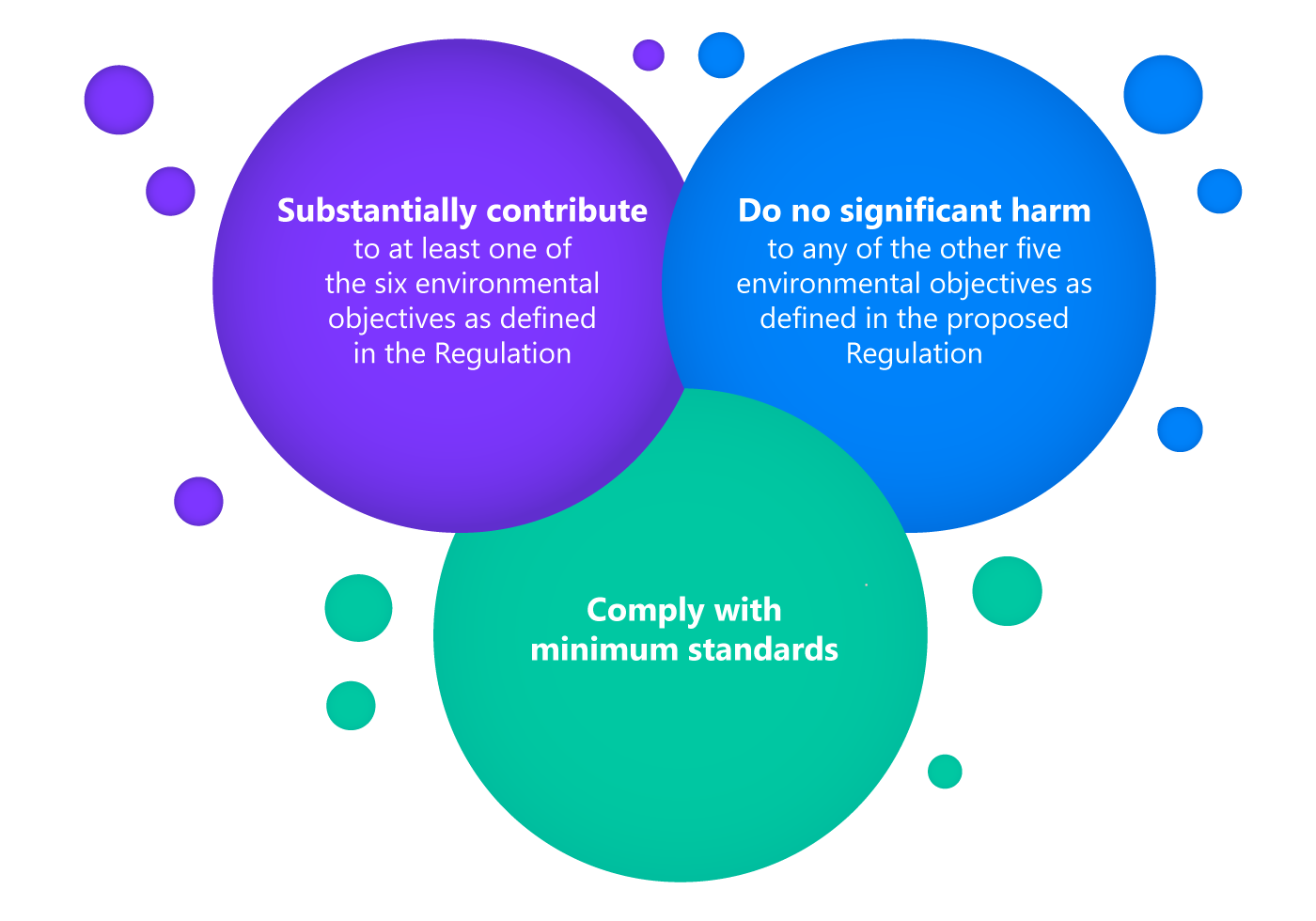
Double materiality assessment
As a key element of the work to prepare for the CSRD reporting, Nel have conducted a double materiality assessment (DMA). To do this, the company built on the approach previously taken to assess the materiality of sustainability-related matters. The company’s second DMA was conducted in 2024 to capture learnings that will help further improve the methodology next year. Nel has applied the implementation guidance published by EFRAG and developed a step-by-step process, scoring matrices, and a model for aggregation and prioritisation.
The starting point was the impact assessment (inside-out) of Nel’s impacts on the environment and society, which builds on how the company have previously identified and assessed the sustainability-related impacts of our own operations and value chain. The company also conducted a financial assessment (outside-in) of the sustainability-related risks we are exposed to as a business. Where possible, we quantified the effects of those matters and supplemented with qualitative assessments.
Impacts, risks and opportunities are assessed on a scoring matrix from 1 (not material) to 5 (highly material). Material ESG topics are actively monitored in our Enterprise Risk Management program and elaborated in specific sections of Nel’s ESG report:
